Living machines made from drug-carrying bacteria target tumors to improve the effectiveness and safety of chemotherapies.
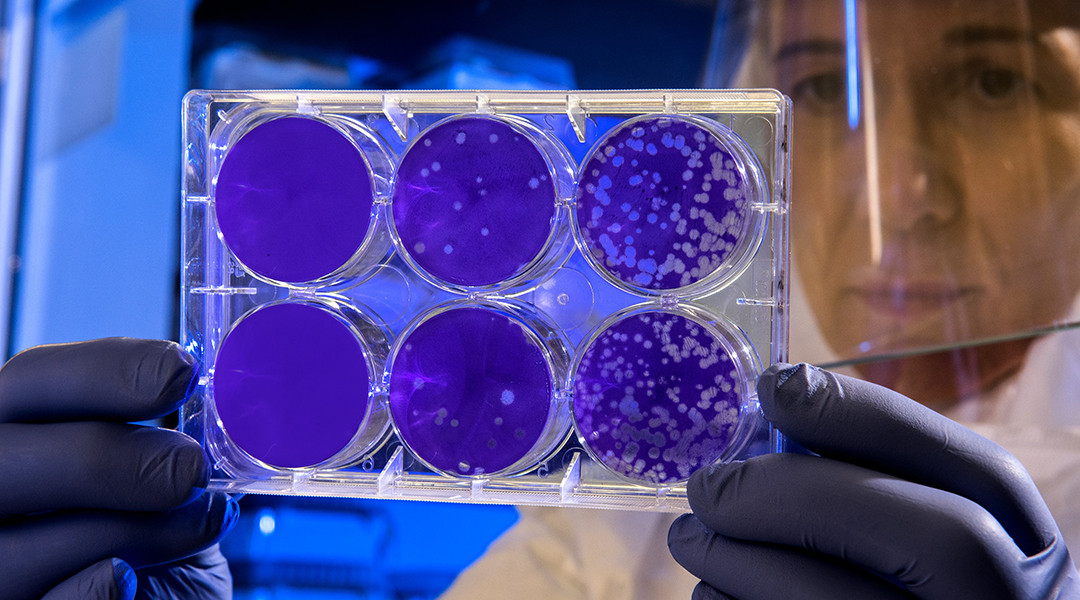

Living machines made from drug-carrying bacteria target tumors to improve the effectiveness and safety of chemotherapies.
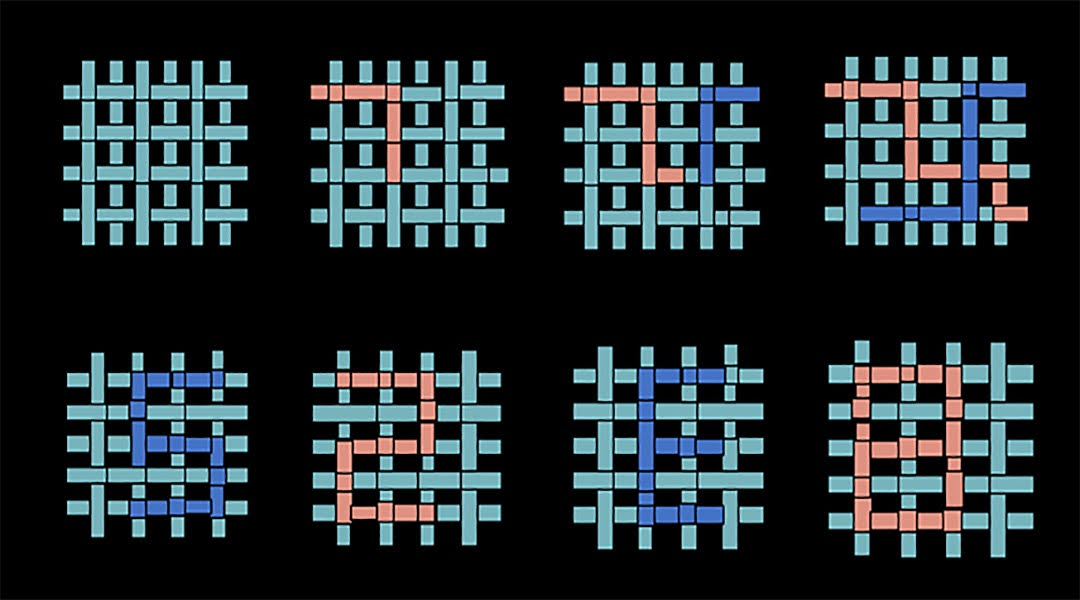
Artificial spider silk could be a smart and responsive alternative to traditional wound dressings, helping patients and medical staff to monitor recovery in real time.
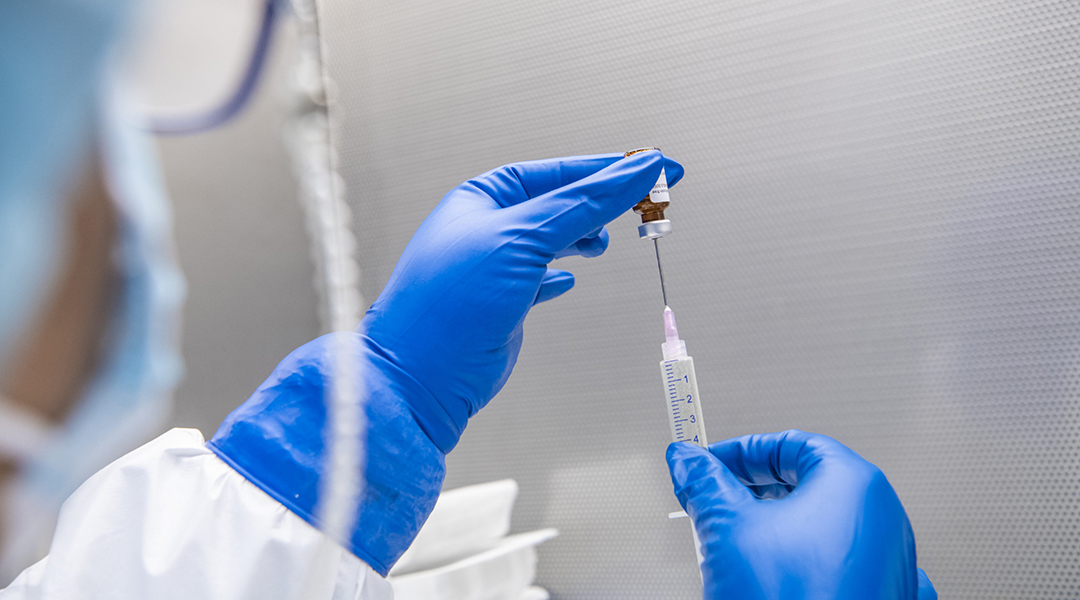
A new vaccine aims to prevent one of the most aggressive forms of breast cancer.
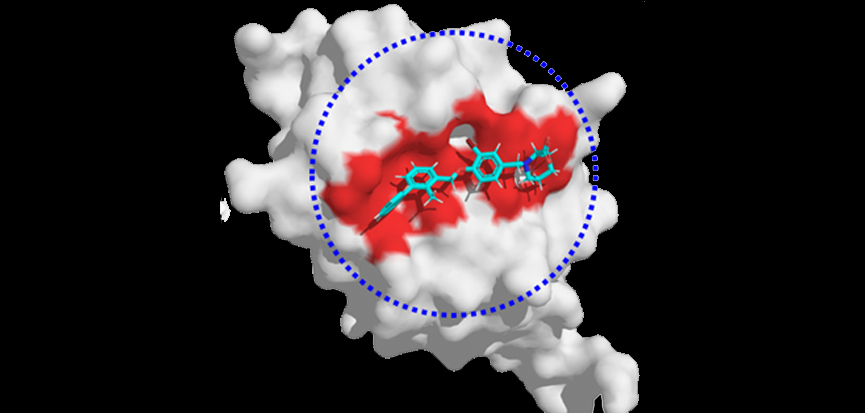
Artificial intelligence and machine learning are playing increasing roles in drug discovery, potentially saving significant time and money.

By using the advantage of hybrid nanomaterials, researchers may have unlocked a new pharmacological route for treating degenerative diseases.
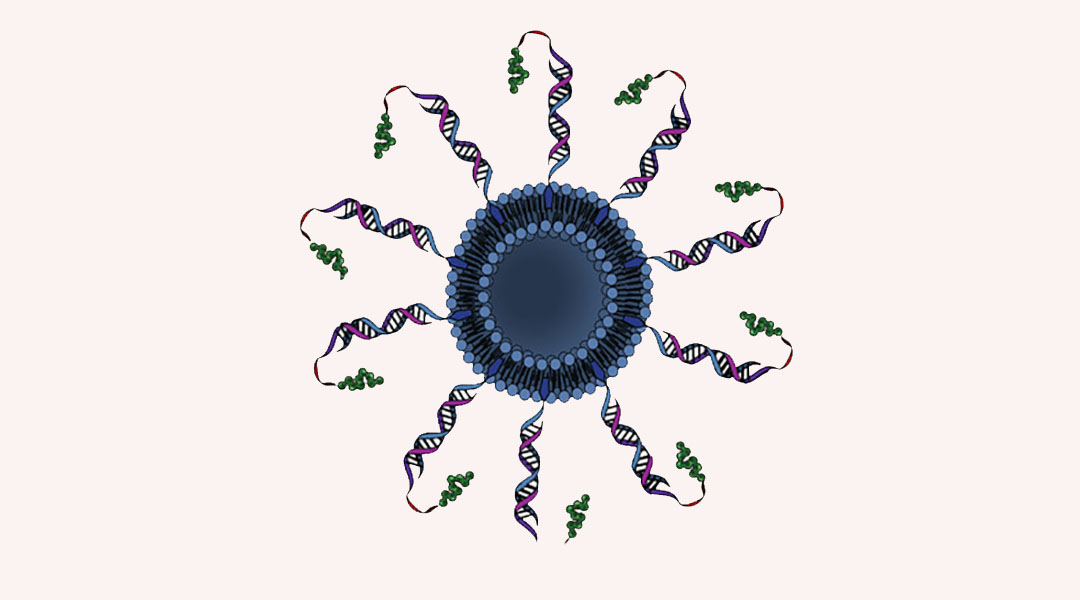
Spherical nucleic acids show promise as a targeted and effective immunotherapy for patients with metastatic prostate cancer.

Plant virus nanoparticles home in on the lungs to help prevent the spread of cancer.

A charged microneedle patch for pain-free delivery of anesthetics could replace anxiety-inducing needles in dental work.

Computer-aided drug discovery looks to neural networks that can better predict chemical properties to streamline the search for new therapeutics.
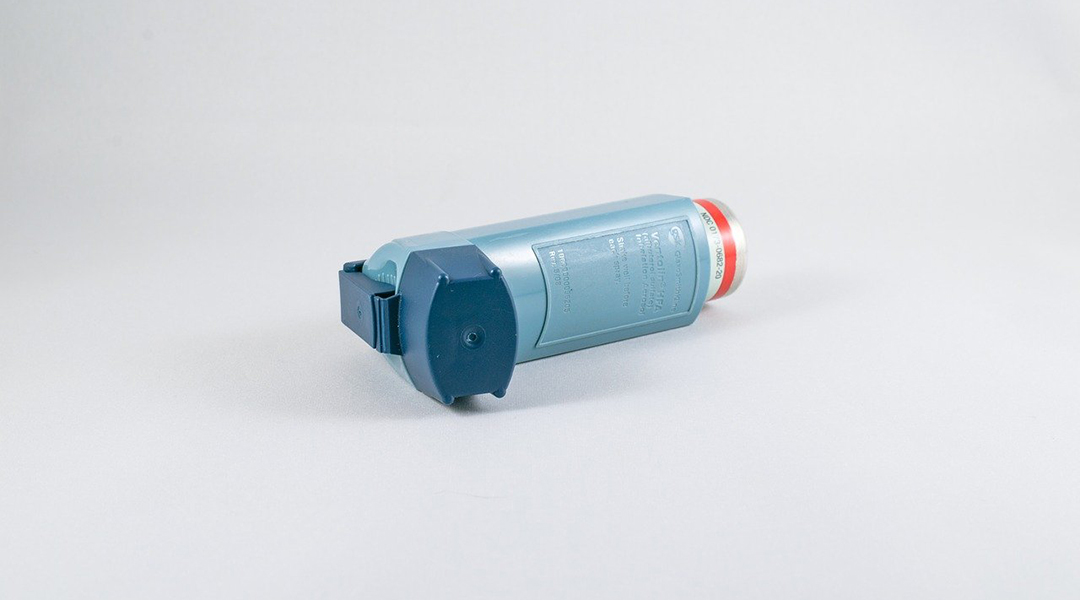
A new technology designed to target allergic asthma could provide more efficient means of delivery and treatment straight to the source of inflammation.